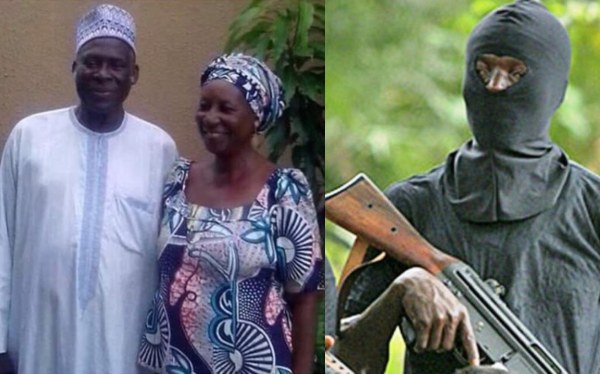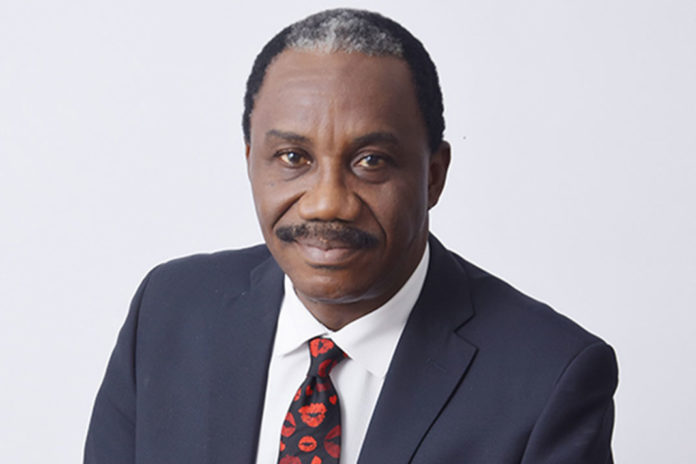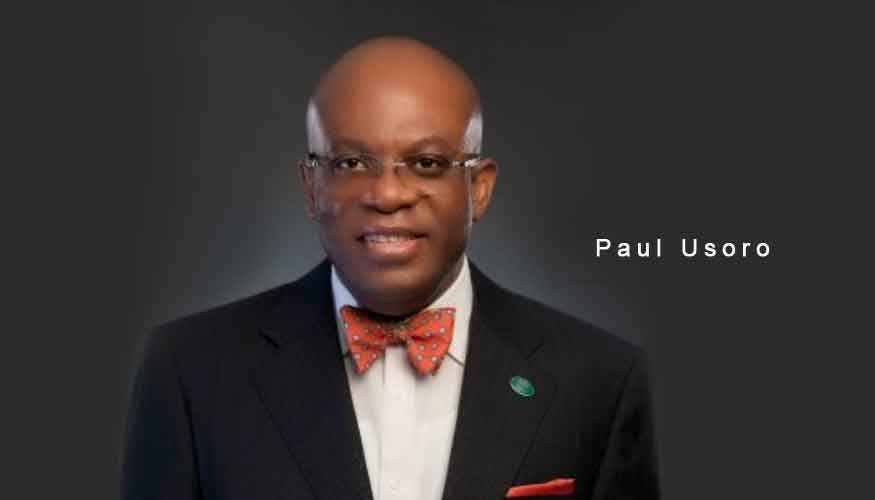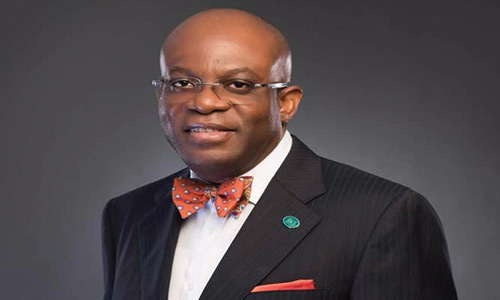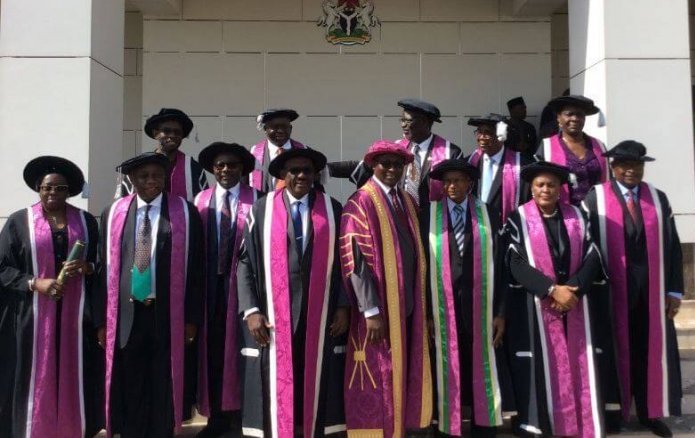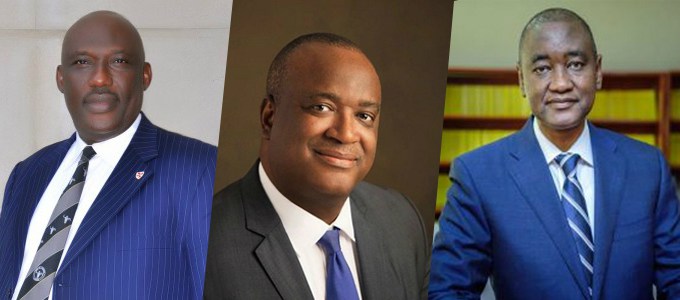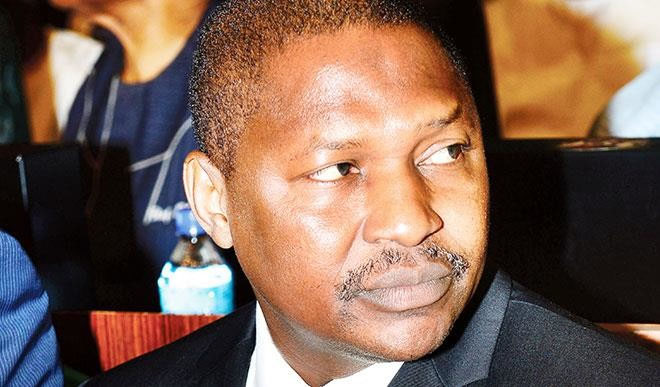* Victims to be Buried Wednesday Suspected assassins have gunned down the parents of Mr. Andrew Malgwi, a Partner in the law firm of Messrs Rickey Tarfa & Co. Dr. Mwajim Malgwi, a renowned medical doctor and proprietor of Polyclinic in Jimeta, Yola was killed alongside his wife and maid by unknown gunmen around Boggare...
Month: November 2018
Ojukwu Lauds Usoro on Transparency
* Carpets Mahmoud for Appointing ZDIC Chairmen with “horrible reputation” Former Nigerian Bar Association (NBA) presidential candidate, Prof. Ernest Ojukwu SAN has hailed NBA President, Mr. Paul Usoro SAN for publishing the financial statements for the lawyers’ body.
MACARTHUR GRANT: NBA, ‘MURRAY’ IN FIERCE BATTLE
• Lawyers’ Body Fails to Submit Report • Program Officer Calls for Probe • Usoro regime has damaged NBA brand – Murray • Says Usoro resiled from pledge to Mahmoud • ‘We spent only about N100 Million’
NBA NEC MEETING HOLDS DECEMBER 6
The first National Executive Committee (NEC) meeting under the leadership of Nigerian Bar Association (NBA) President, Mr. Paul Usoro SAN will hold at NBA House, Abuja on Thursday, December 6, 2018.
ANTI-GRAFT WAR: NBA Rewards Corrupt Senior Lawyers, Punishes Juniors – GADZAMA
1. Introduction When I received the letter from the Director General, Nigerian Institute of Advanced Legal Studies (NIALS) inviting me to deliver the 2018 Fellows’ Lecture, a myriad of questions began to flood my mind: Why Corruption? Why not Insecurity or Elections, or Democracy, or Good Governance, or the Role of Judges, or that of...
NBA SUIT: GADZAMA KNOWS FATE JANUARY 22
Chief Joe-Kyari Gadzama SAN will early next year know the outcome of his long-drawn lawsuit challenging the election of former Nigerian Bar Association (NBA) President, Mr. Abubakar Mahmoud NBA.
Shiite Killings: Access to Justice and NOPRIN Seek UN Intervention
Access to Justice (A2J) and the Network on Police Reforms in Nigeria have requested the Secretary-General of the United Nations, Mr. António Guterres to visit Nigeria to investigate the killing of Shiite protesters by men of the Armed Forces.

